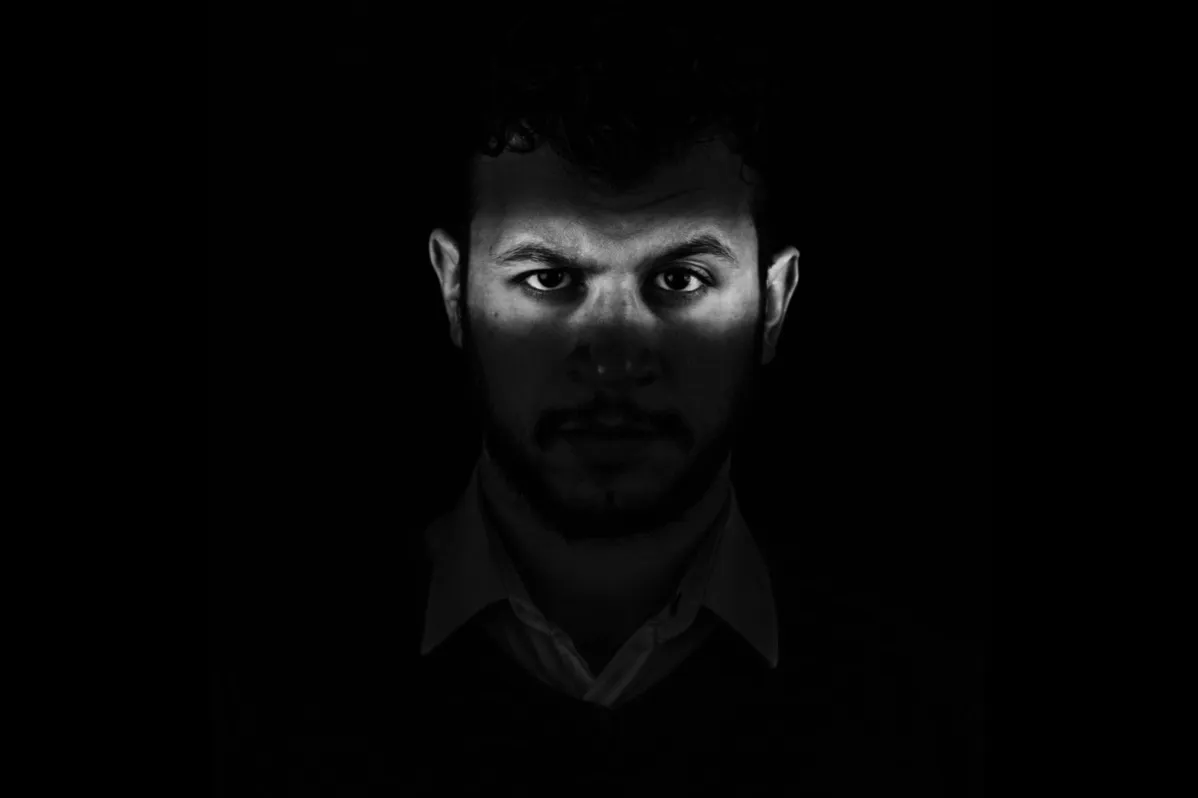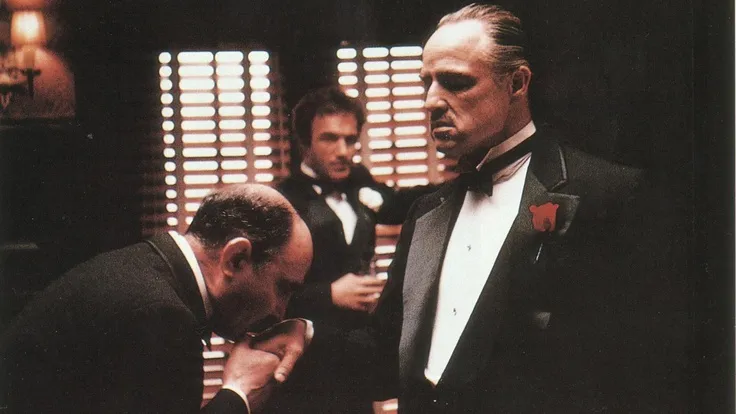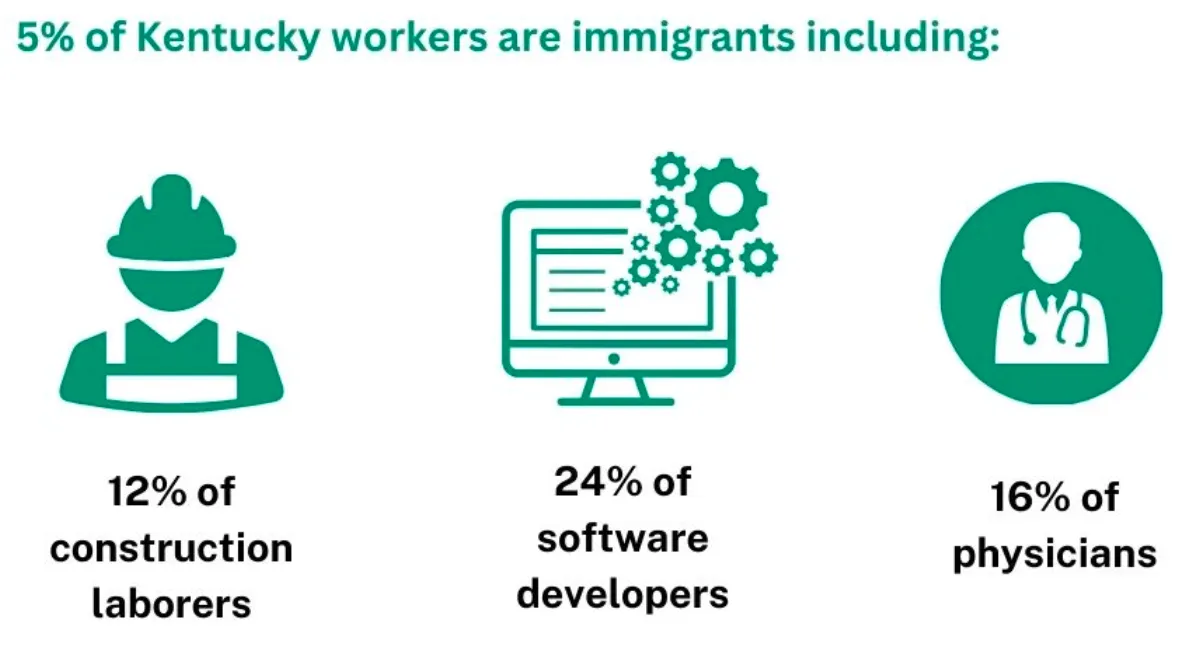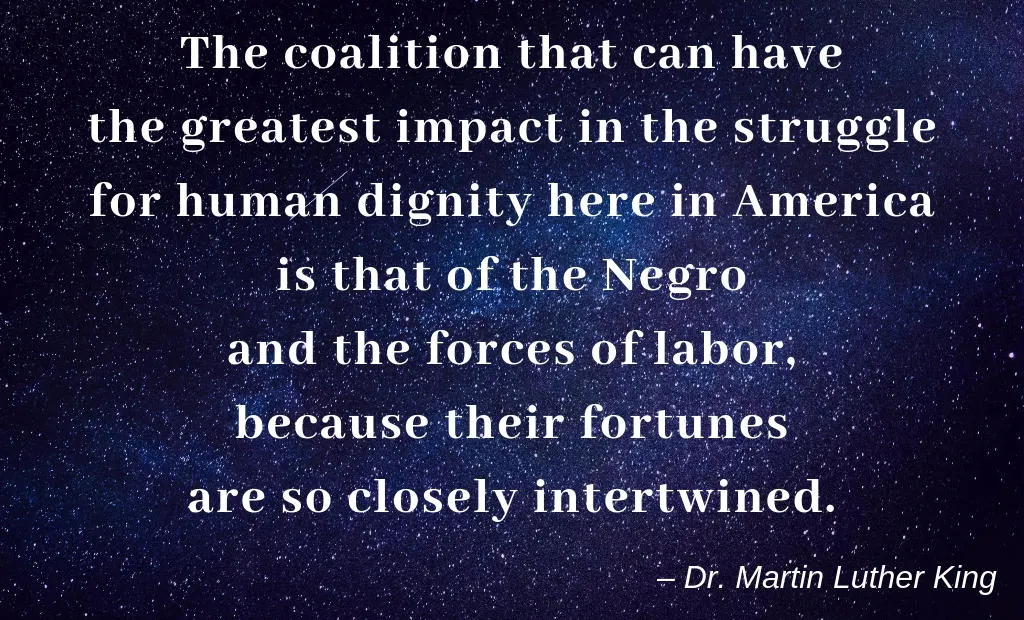Table of Contents
In his Oct. 3 piece for the New York Times, veteran columnist David Brooks opens with, “I travel a lot. Just over the last several weeks, for example, I’ve been in some rural and redder parts of America (in Idaho, Kansas, Nebraska, Ohio, Texas) and some bluer parts (in California, Illinois, New York). My overall impression is that the social, economic and psychological chasms between these two zones are wider than ever.”
Bless your ever-lovin’ heart, David Brooks. Lord o’ mercy.
I have no issue with the meat of Brooks’s column, which attempts to parse the Harris/Trump economic agendas and delves into industrialism, but with the premise. What is it about white, educated, east coast, elite men in the media who continue to think that occasionally parachuting into rural, red America makes them subject-matter experts?
I am a white, educated woman living in rural, red Kentucky. I have been a freelance opinion columnist focused on Kentucky politics for almost a decade (which I consider a short period of time). If I published a column that began with the words “I travel a lot” and then opined on my deep knowledge of New York City politics because I’d traveled there and spent a few days at some diner or talking to an official or two, I would be laughed out of New York City.
Yet this kind of reporting remains acceptable, even lauded.
And then there is the shift in the media landscape post-2015.
The national political media’s sustained ecstasy since Trump — one of their own, a NYC, elite, educated, wealthy, white man — rode down that escalator in 2015 and announced his candidacy has been pure lunacy.
Even today, with the first Black/Asian woman running for president, Trump and Trumpism dominates the coverage of national politics. East coast media elites are addicted to him, addicted to his antics, addicted to his constant social media blathering, addicted to his long-curated knowledge of how his machine and their machine feed each other.
It is something to behold.
In an industry still dominated by white male elites, Trump is both king and kingmaker. The man who drives the media and the money. And it is devastating to watch the rolling travesty from afar, here in rural America where it often feels like we are bleeding out and all of the ambulances are out of gas.
I watched the vice presidential debate. I then saw about 10 minutes of CNN commentary when the debate ended, and it was like watching kids who’d shown up for a circus and walked into an empty tent. They all looked so deflated. What would they talk about? The candidates had been so … cordial.
Where was the bloodsport so desperately needed and counted on by anchors, journalists and pundits in the Trump years to fill the hours upon hours of post-debate airtime?
I cut my own addiction to cable TV news in January 2021 after President Biden’s inauguration. January 6 had been shocking, and the normalization in the coverage even more shocking. The Trump era had been exhausting. I think we all, Republicans and Democrats alike, hoped it was over. That “he” was over. I went back to reading national political news in my preferred outlets: New York Times, Washington Post, The Atlantic, New York Magazine, and sometimes The Daily Beast though I soon lost interest in the latter and let my subscription expire.
When I tried to explain these new habits to friends, there was little to no interest. Fake news, many said. Newspaper subscriptions are too expensive, they would say, and there are just too many to choose from. Who should they trust? Wasn’t it all biased? And why pay to read when you can watch cable TV news for free, 24/7, and get the same information?
In red, rural places like where I live — where men like David Brooks drop by during election season — we were also experiencing the death of our local newspapers which have been bought out and run bone dry by companies with seemingly little interest in journalism.
When I started writing for my small, local, weekly paper back in early 2017, The Anderson News had an office right here in the middle of town, someone who answered the phone, an editor who lived in town and came to work everyday, a reporter and, if I remember correctly, someone who covered sports.
I met the editor at a Mitch McConnell event in town and soon started writing a regular column for free. I had personal reasons for doing this: I was new to rural Kentucky so there was a big learning curve; I had never in my life written about politics; the editor, even back then, had no budget to pay me but was interested in having a new voice in his newspaper.
Our newspaper operated like a real newspaper. If I went to a school board meeting, either the editor or his reporter was there. Reporters followed up and connected dots in the way that can only be done when there is a consistent journalistic presence and reporters get to know the players. If a tragedy happened, factual reports were posted immediately in the paper’s online edition and citizens had access to a central repository of facts.
Fast forward to today. The Anderson News still exists but is owned by a consolidator, there is no office, no local editor, no opinion page or letter to the editor page, and the one reporter we have is not from here and does not live here.
Our newspaper is, in a word, useless.
I tell this story because national media outlets like the NYT — with their David Brookses occasionally traveling to red, rural America, blessing us with their attention and thinking they can learn about us on such a trip — have continued to thrive compared to the local news deserts so many of us now live in.
How bad is it? If you live here and something has happened — a police shooting, a hit and run, a drug deal gone bad, school lets out early due to a threat, a car accident at the big intersection by Kroger — you need to know who to call locally or which Facebook feed to follow, and even then there is a very real feeling that you are not getting the full picture of what has happened.
The Facebook comment section (with no fact checking) is our primary local news source.
Let that sink in.
The steady decline of local news outlets in rural counties like mine (pop. 24,000) coinciding with the Trump era of “fake news” and “alternative facts” and the constant drumbeat of Mr. Trump stating that news organizations are the “enemy of the people” has not only been dangerous, it has fractured our communities. Without central points of fact, how are neighbors expected to have civil debate?
The answer is that many have stopped talking to each other altogether.
Meanwhile, there remains the old guard of older, white, male columnists like David Brooks from the NYT who lazily begin columns, for which I assume he is handsomely paid, with declarations like “I travel a lot”.
Red America is not just red. Blue America is not just blue. There is no monolith. And believing these monoliths exist and reporting on them as such is irresponsible and inaccurate.
An example: I am not red, though I live where 70+% voted red for Trump in 2016 and 2020. Many of my neighbors aren’t red, either, but how would you know? There are Kentucky Democrats who register as Republicans and Republicans who register as Democrats. And if you don’t know them personally, they would never tell you how or why they’ve registered as they have.
Which leads me to the myth of the undecided voter. There is no undecided voter. No one in today’s saturated media and social media climate is undecided; they are simply not telling you who they are locked in on (because they do not want to be judged) or they are not voting at all (and don’t want to be judged for that, either).
The undecided voter exists in the dreamscapes of places like the NYT or Washington Post and on CNN, MSNBC etc… because they need those dreamscapes as fuel to feed the horserace that feeds their bank accounts.
Follow the money. Isn’t that what they teach in journalism school?
I make pennies writing about politics, but I continue to write about politics because I am a white woman living in rural Kentucky and I am enraged.
I am enraged at the mindless destruction of local newspapers.
I am enraged at east coast media corporations who continue to employ, to the detriment of all Americans, primarily east coast, white men.
I am enraged that, in the United States, a former president and candidate for president can regularly call journalists “enemy of the people” and nobody cares, not even the journalists.
I am enraged that billionaire elite social media magnates like Jeff Bezos, Mark Zuckerberg, and Elon Musk control so much of our political discourse, with no end in sight.
I am enraged that someone as vacuous and destructive and as lacking in political knowledge or vision as Donald Trump has so easily co-opted the national conversation and national media outlets, which has made us dumber, angrier and more disconnected.
I am enraged that the reportage on red and blue America, as though we are year-round sports teams and not human beings, is often so obviously lazy.
I knew that David Brooks had been with the NYT for a long time, but I knew few details so I googled him, as we do these days, and read the following on Wikipedia:
“According to a 2010 article in New York Magazine written by Christopher Beam, New York Times editorial-page editor Gail Collins called Brooks in 2003 and invited him to lunch. Collins was looking for a conservative to replace outgoing columnist William Safire, but one who understood how liberals think. “I was looking for the kind of conservative writer that wouldn’t make our readers shriek and throw the paper out the window,” says Collins. “He was perfect.”
Columnists like Brooks make me want to throw my laptop out the window.
I say ‘my laptop’ because we have never, in the almost-decade we have lived here, been able to get dependable delivery of the paper version of the NYT or even Kentucky newspapers.
And reading newspapers online in rural America is not necessarily easy. At my house, for example, we still do not have cable access. We get our Wifi via still-slowish internet that we access via an expensive AT&T hotspot, which required a one-time $2,000 booster installation for enough signal.
I am enraged.
And I am not alone.
--30--








